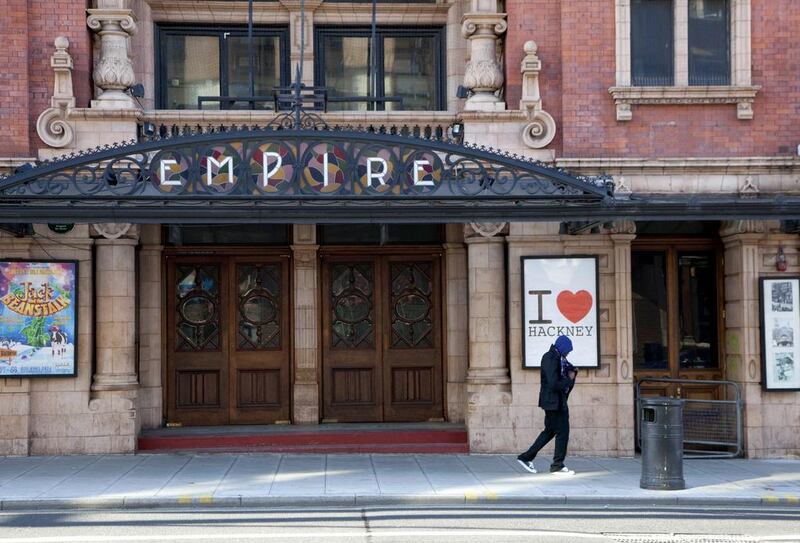I Am China [Amazon.com] is the filmmaker and novelist Xiaolu Guo's seventh novel. Born in a south China fishing village and now a resident of Hackney in London, Guo has made the shortlists of acclaimed prizes for two of her previous novels – the Independent Best Foreign Fiction Prize in 2005 for Village of Stone; and the Orange Prize for Fiction two years later in 2007 for A Concise Chinese-English Dictionary for Lovers. Last year she was one of Granta's Best of Young British Novelists.
Given this illustrious history, I had high hopes for her new novel – at the heart of which is the story of an estranged Chinese couple, the punk protest musician Kublai Jian, who is exiled from the country of his birth, and his partner of 20-odd years Deng Mu, a spoken-word poet of, dare I say it, dubious talent – but soon found myself sorely disappointed.
Jian and Mu’s tale is told through a fragmented and jumbled collection of their letters and diary entries, the translation of which has fallen into the hands of recent SOAS graduate Iona Kirkpatrick, a Scottish waif who bears a “striking resemblance” to the Hollywood actress Winona Ryder.
Despite her obvious good looks and intelligence, Iona doesn’t seem to have any friends, nor any real interest in engaging with the world around her, bar, that is, a series of casual sexual encounters with men she has no wish to see again once she’s shooed them out of her London flat the morning after – incidentally, it’s never explained how she, barely employed and hailing from a remote Scottish island farm where there’s clearly no family money, can afford such a place.
Soon Iona is obsessed with the epistolary tale she’s piecing together. The self-imposed exile translating the words of one whose expulsion has been forced upon him is nothing if not neatly heavy handed, but I remained unconvinced that a woman so desperately avoiding all emotional entanglements in her own life could tumble so unhesitatingly and completely into a love story between two strangers that in itself is dry and unconvincing.
There’s much contemplation on the weightiness of the task that hangs heavily around the translator’s neck. “It’s like alchemy,” Iona muses, “but in reverse. She has to transform their gold into her lead.” Someone should warn her that all that glitters isn’t necessarily gold, though. Try as I might, I just couldn’t discern the gleaming magic of Jian and Mu’s correspondence that she finds so affecting – and to read this as a nod to the limitations of translations feels like a cop out. Indeed, there’s so little material about them as a couple, even envisioning them as a unit rather than two disparate and separate entities is a near-impossible task.
True, the story that emerges offers an interesting glimpse into the astonishing reach of China’s state control but, the social documentary value of this material aside (and here I must acknowledge Gu’s welcome but rare moments of near Kafkaesque idiocy – “Non-person, Jian thinks,” reflecting on his lack of identity as he sits in an immigration detention centre in Dover; “It’s so absurd it sounds almost Chinese to him”) – I found nothing to convince me of the personal stories involved.
Iona worries that a bland, dry translation will render her subjects’ story “cold and stagnant”, but it’s already as elusive as dank water, slipping and sliding through the reader’s fingers. Combined with this is the more problematic issue of Gu’s writing; although there are moments of illumination – such as the lovely description of the newly graduated Iona, “with no plan, no future and five thousand Chinese characters lodged in her mind struggling to get out” – much of the prose, especially the dialogue, is horrifically stilted.
Even more maddeningly, some of the most fascinating elements of the lovers' backstories are told in dull, hurried prose by the English publisher into whose hands the manuscripts were originally pressed (that Iona falls into bed with him too will come as no surprise to anyone). Fundamentally, I Am China is a frustrating read – Jian and Mu's story is in there, trying to get out, but it's completely lost in translation along the way.
Lucy Scholes is a freelance journalist who lives in London.
[ thereview@thenational.ae ]





